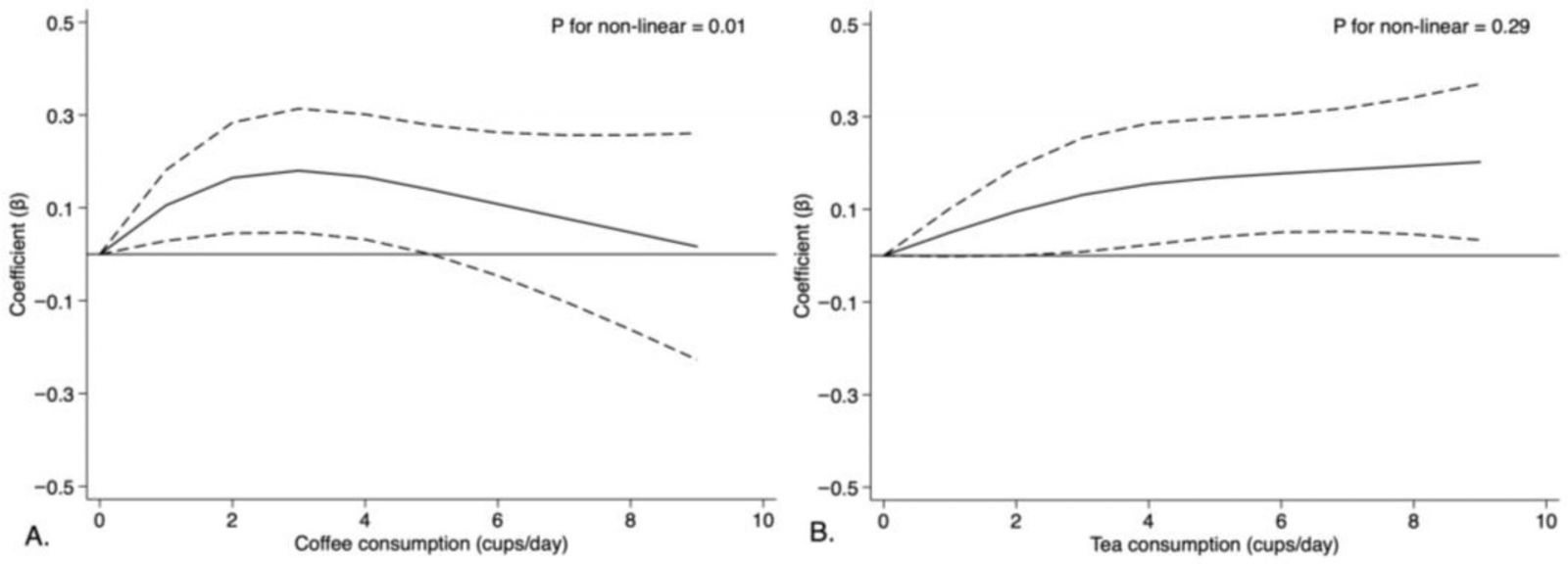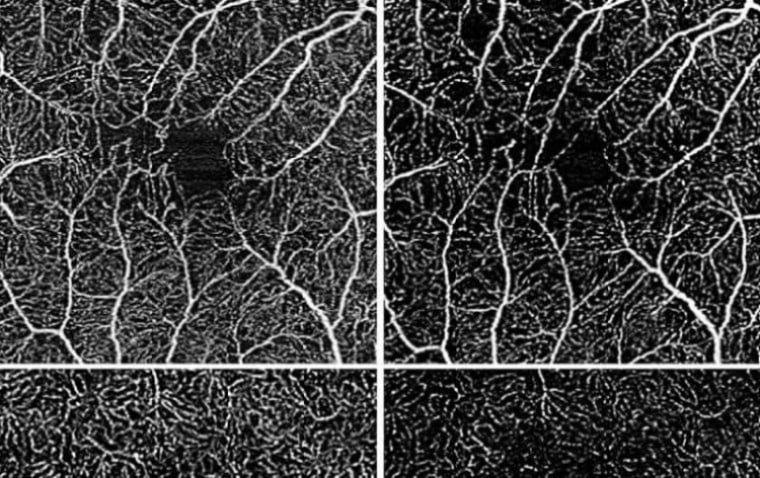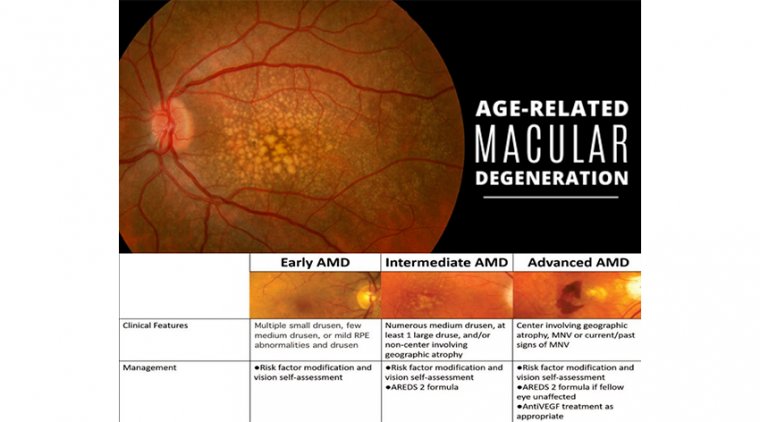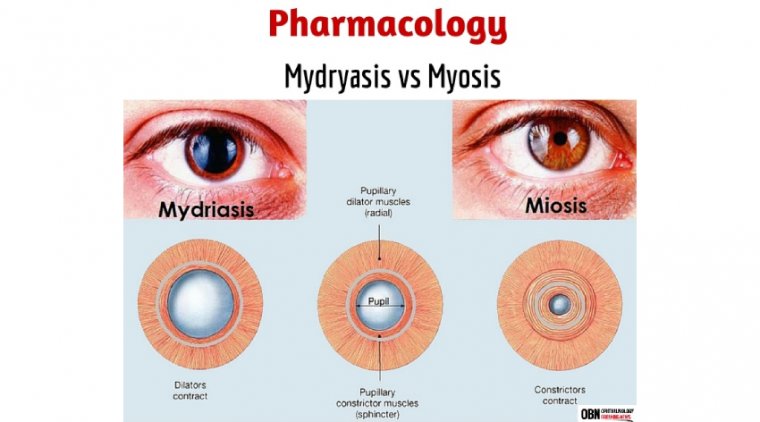
Study Shows Coffee and Tea Improve Retinal Nerve Fiber Layer Thickness
New research led by Dr. Lisa Zhuoting Zhu, Principal Investigator of CERA's Ophthalmic Epidemiology team has found a positive link between coffee and tea consumption and the thickness of our macular retinal nerve fiber layer.
The macula is the central part of the retina at the back of the eye that gives us sharp central vision. The retinal nerve fiber layer is a thin layer of nerve cells that transmit visual information from the eye to the brain.
"Our findings indicate if we consume two to three cups of coffee or more than four cups of tea per day, the macular thickness will increase. The thinner the layer, the higher risk of neurodegeneration," says Dr. Zhu.
The study, which was recently published in the Nutrients, was a collaborative effort between Dr. Zhu and Professor Mingguang He, with support from the State Key Laboratory of Ophthalmology in China.
Coffee or Tea?
According to Dr. Zhu, the inspiration for the study stemmed from previous evidence suggesting that coffee and tea consumption may offer protective benefits for the brain.
"Many cultures drink coffee and tea almost every day—from one to more than five cups—so it's important to know the potential benefits or risks for our health," she says.
As part of the UK Biobank study, over 35,000 participants were asked to complete a touchscreen questionnaire regarding their daily consumption of coffee and tea over the past year. Participants were divided into four categories ranging from zero cups to more than four cups per day.

Restricted cubic spline models for the association between coffee and tea consumption with the average thickness of macular retinal nerve fiber layer. Adjusted for age at baseline, sex, assessment center, average total household income before tax, Townsend deprivation index, smoking statue, drinking statue, ethnic background, education achievement, body mass index, moderate to vigorous physical activity time, sleep duration, diabetes, cardiovascular diseases, hypertension, healthy diet, habitual intake of sweeten beverages or foods, serum high density liptein cholesterol level, serum low density liptein cholesterol level, spherical equivalent, intraocular pressure, habitual intake of instant coffee. Both coffee consumption and tea consumption were included in the restricted cubic model. The solid line represented adjusted coefficients and the dash line represented 95% confidence intervals (95% CI). Credit: Nutrients (2023). DOI: 10.3390/nu15051196
The thickness of their macular retinal nerve fiber layer was measured using optical coherence tomography (OCT) scan, a non-invasive imaging technique that uses reflected light to generate images of the back of the eye. The OCT scans were analyzed using built-in software.
The study's results revealed that individuals who consumed coffee experienced a considerable increase in their macular retinal nerve fiber layer thickness, particularly those who drank two to three cups per day. Similarly, tea drinkers also exhibited a significant increase in macular thickness, particularly in those who consumed more than four cups daily.
Dr. Zhu emphasizes that their research discovered a "sweet spot" for coffee consumption in maintaining healthy macular retinal nerve fiber layer thickness.
"That means not too much and not too little—a medium amount of coffee is best," she says.
According to Dr. Zhu, not all coffees are equally beneficial. She explains that many studies have shown that instant coffee could increase the risk of various health outcomes, including neurodegenerative diseases, which was also observed in their study. As such, Dr. Zhu suggests that consuming good quality coffee is definitely better.
While the results of the research are promising, Dr. Zhu emphasizes that further studies are necessary to validate their findings.
Reference:
Yixiong Yuan et al, Consumption of Coffee and Tea Is Associated with Macular Retinal Nerve Fiber Layer Thickness: Results from the UK Biobank, Nutrients (2023). DOI: 10.3390/nu15051196
(1).jpg)










